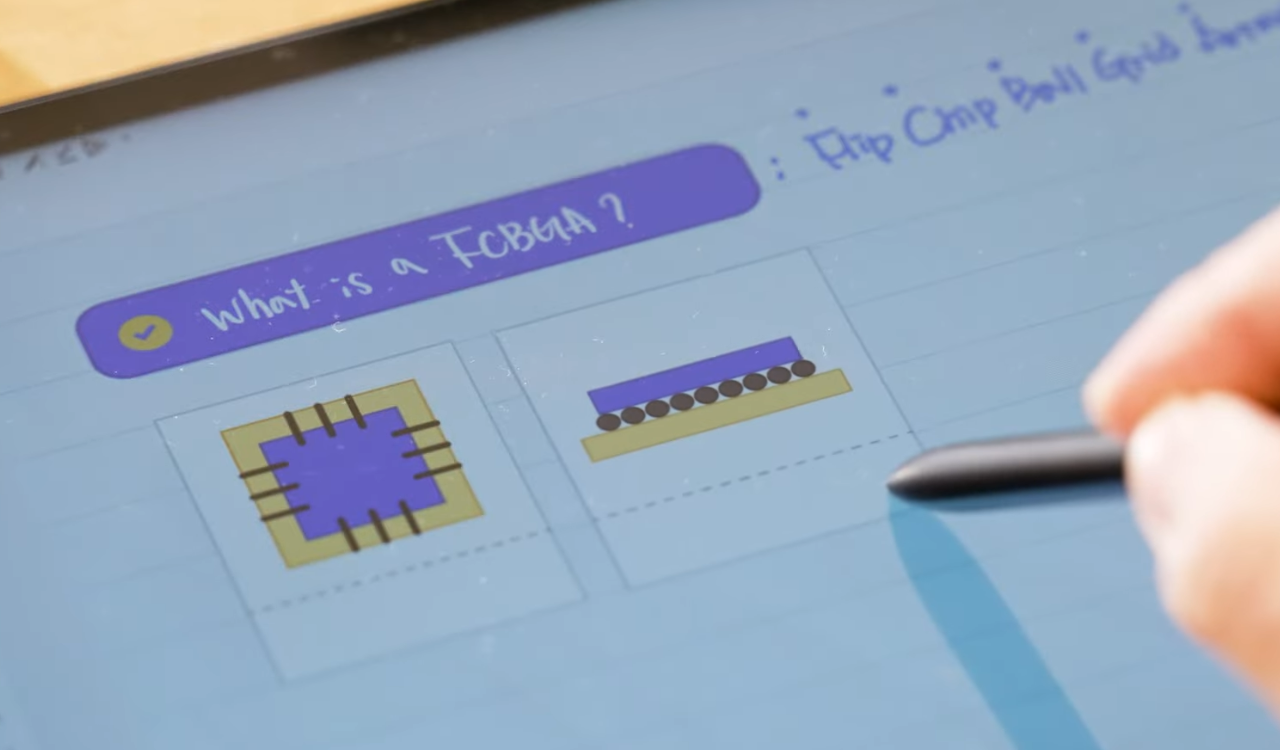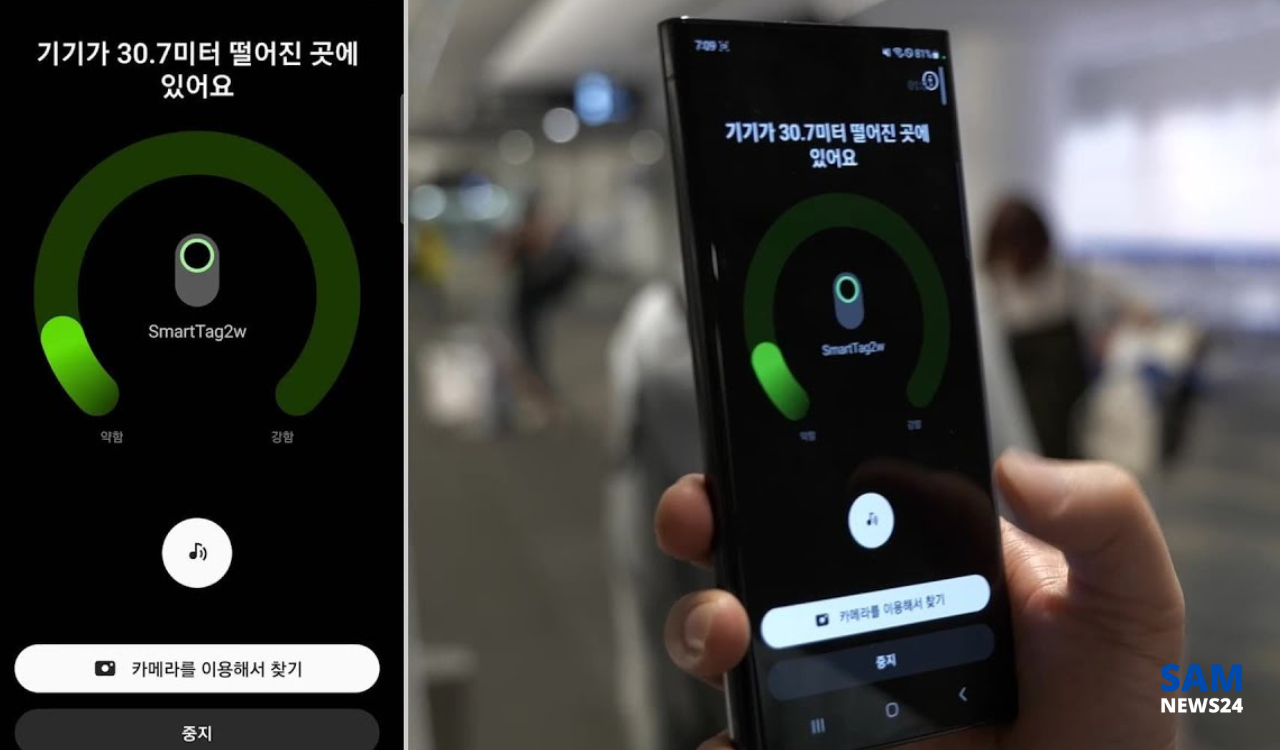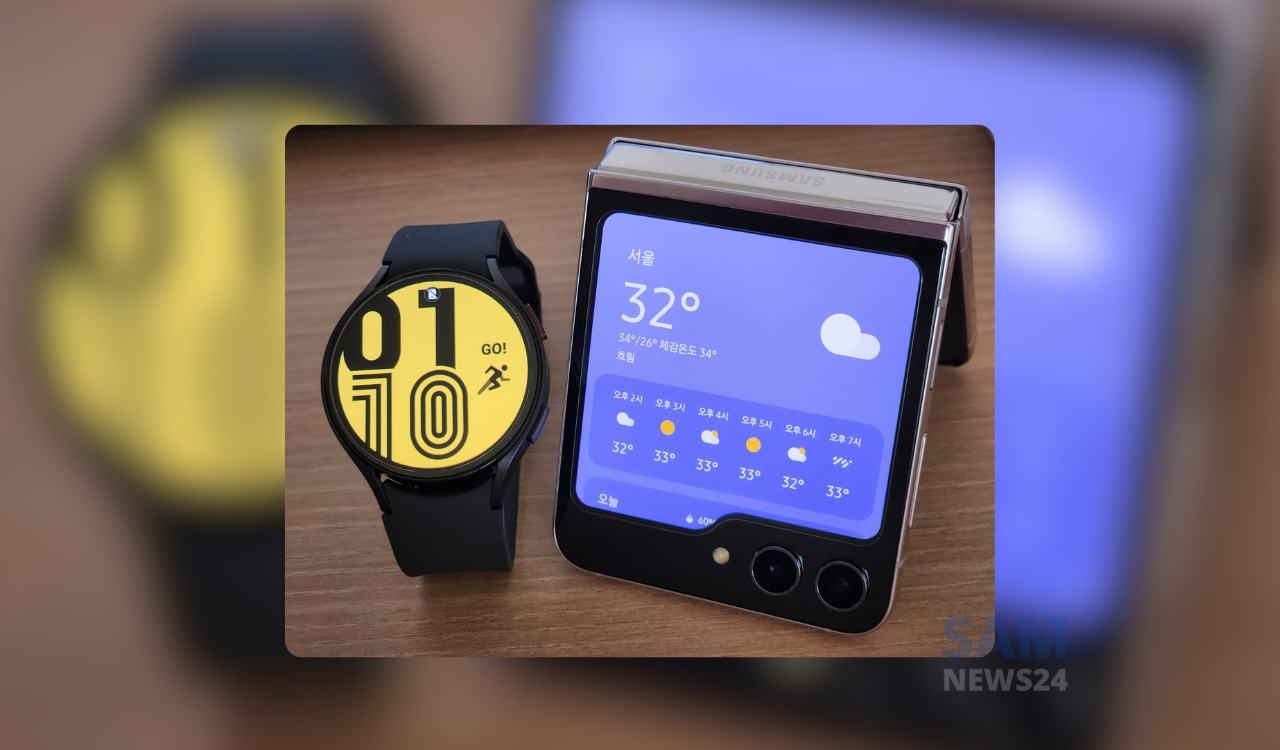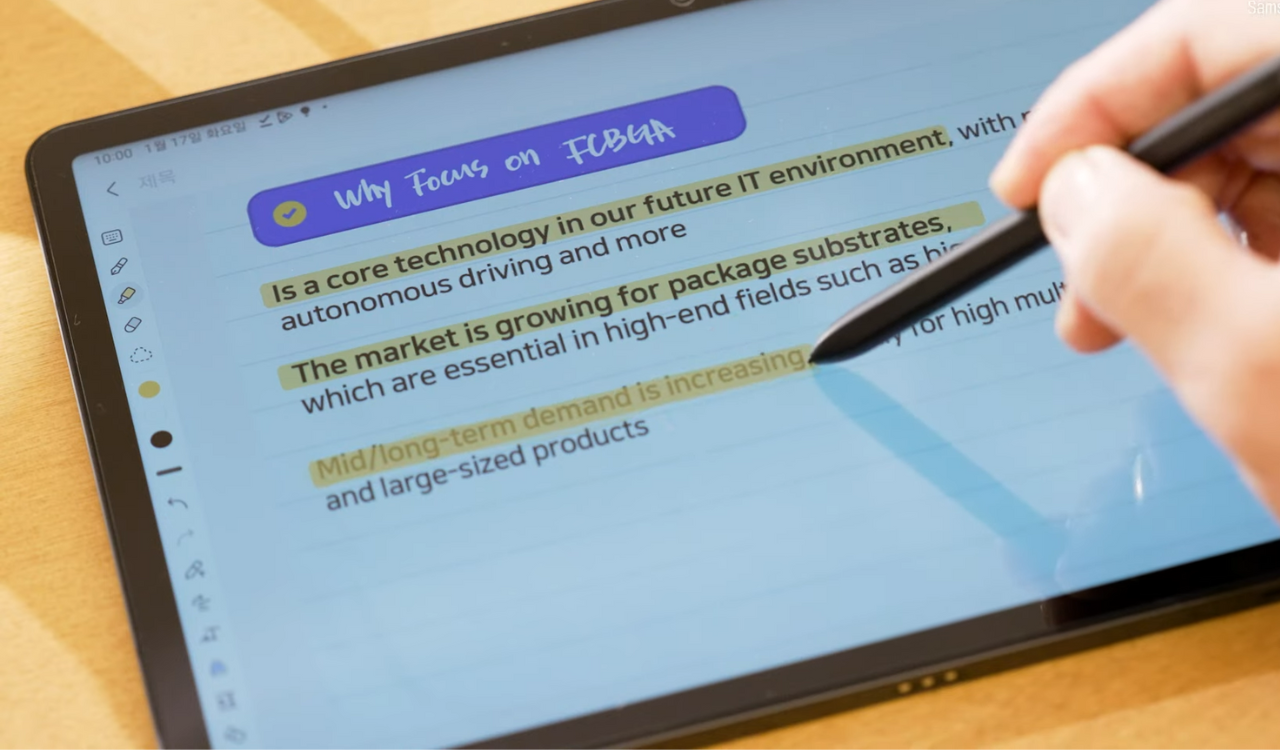The South Koran tech giant Samsung Electro-Mechanics officially announced on February 26 that it developed an automotive semiconductor substrate (FCBGA) applicable to advanced driver assistance systems (ADAS). The company is looking to expand its lineup of high-end automotive semiconductor substrates.
For automotive products, Samsung’s new FCBGA is a better option for high-performance autonomous driving (ADAS) systems. This will lead Samsung as the global number 1 company in the electric vehicle market in the future. The futuristic vehicles require powerful SoC (System on Chip) equipped with high-performance semiconductors.
Samsung Electro-Mechanics has newly applied its microcircuit technology acquired in high-end IT products such as servers to automotive products, reducing the circuit width and spacing by 20% compared to the existing substrate (for partial autonomous driving) and implementing more than 10,000 bumps in a limited space the size of a passport photo.
Kim Eungsoo, Executive Vice President of the Package Solution Unit at Samsung Electro-Mechanics, said, “As the demand for high-end, high-performance semiconductors continues, FCBGA is becoming the key to differentiating semiconductor performance. Samsung Electro-Mechanics will continue to discover core manufacturing technologies based on our FCBGA technology leading the global market to increase quality competitiveness and expand our automotive FCBGA market share by expanding production capacity.”
— Samsung
Also, the more advanced the semiconductor function for high-performance autonomous driving is, the higher the number of packaged semiconductor chips and CPU cores per chip, so the semiconductor substrate becomes large and multi-layered, and the number of bumps also increases.
Join Us On – Telegram, Twitter, Facebook and Google News




























